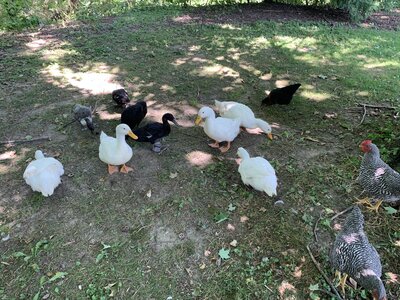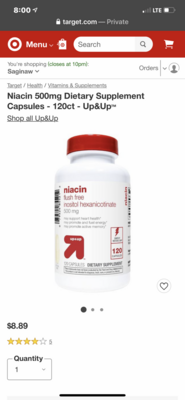PekinProblems
In the Brooder
- Jul 10, 2020
- 10
- 1
- 12
Hi, I purchased a couple pekin ducks from someone who was not able to care for them anymore and since day one one of the ducks has had trouble walking. They are about 10 weeks old and the one duck has slowly gotten worse and worse. He now cannot walk at all. He stumbles and drags himself with his wings to get around now. I’ve been giving him niacin and have not seen any improvement. It’s almost appears that his legs are spread too far apart and he cannot support his weight anymore. I checked his feet for possible bumble foot but he does not have and signs of it. Does anyone have any other ideas? He is the duck on the far left “standing”






